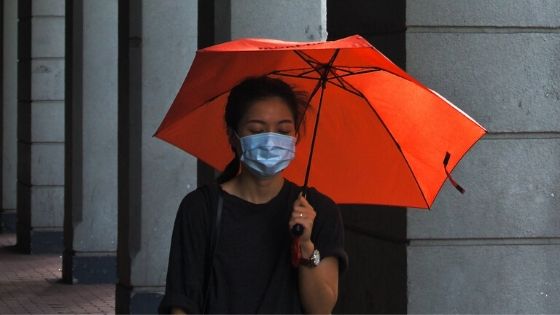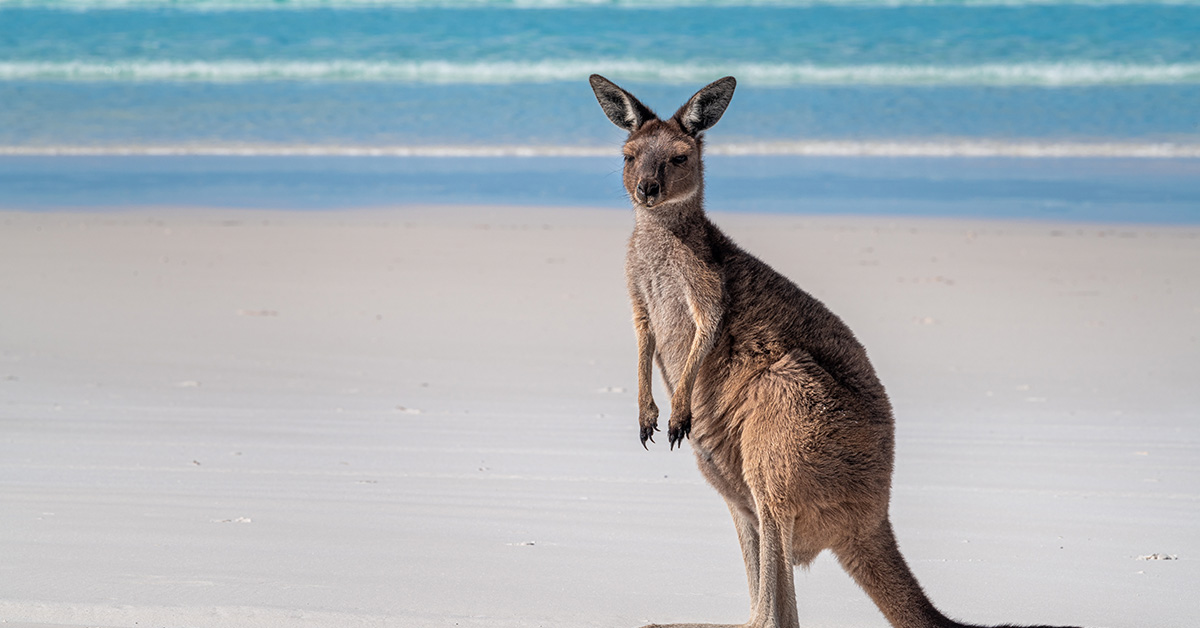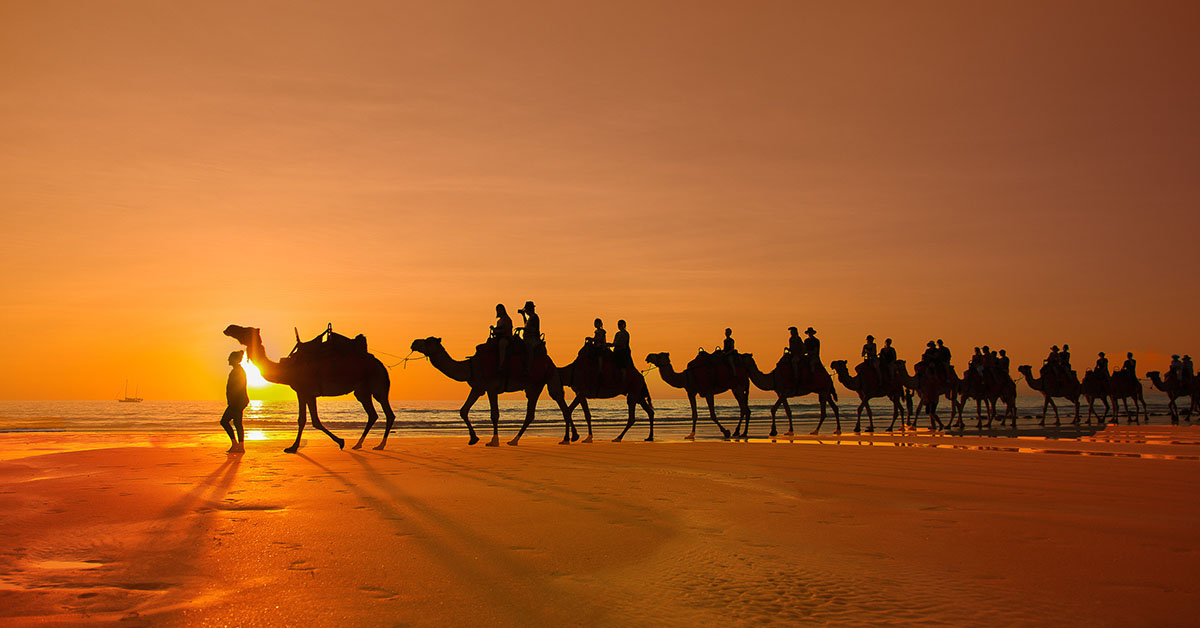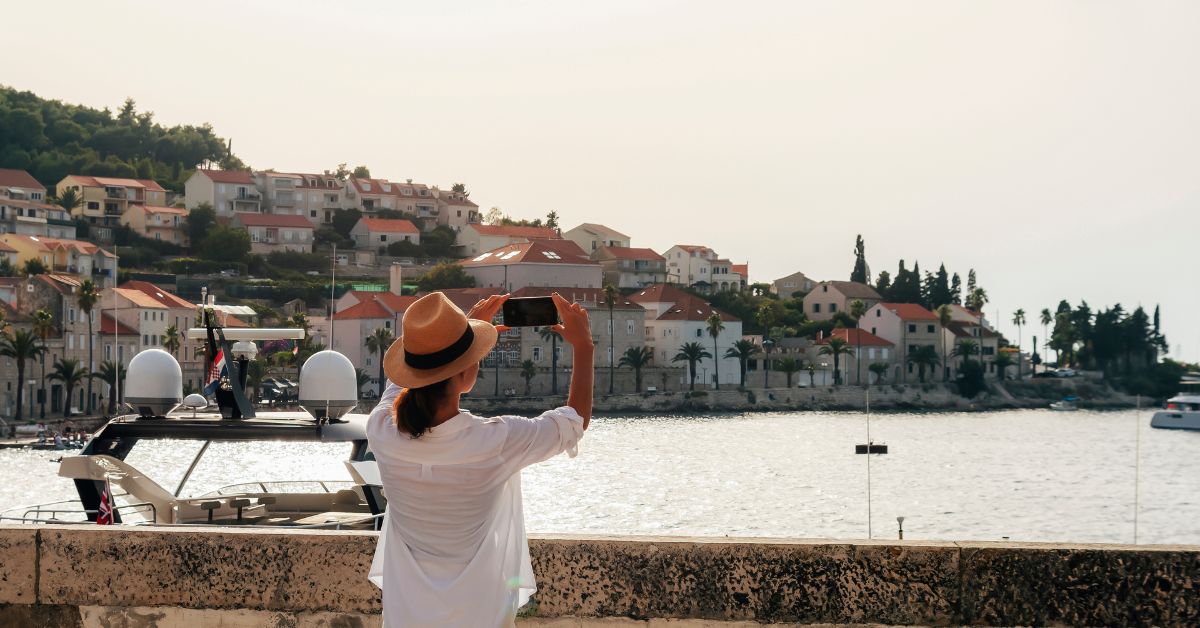The Australian Tourism Industry was already dealing with a sudden drop in visitor numbers as a result of the worst fire season in memory before COVID-19, more commonly known as the Corona Virus, took hold.
The worldwide outbreak of the extremely contagious respiratory disease is shutting down businesses across the globe. Countries are closing their borders, and movement is being restricted. Airlines are cancelling flights, some grounding their entire fleet and in Australia people arriving in the country must self-isolate for 14 days or face hefty fines.
All of this in an environment of uncertainty and constant change.
For those in the travel and tourism industries, the instinct is to compete for a share of a much smaller market by slashing prices and lowering costs by reducing staff numbers or business hours.
In much the same way that COVID-19 has taken lives across the world, it will no doubt result in the death of some businesses. The silver lining is that in the same way that most people who are infected will survive, most businesses impacted will survive if they take the correct steps.
How the Tourism Industry Handled Previous Outbreaks
A great way of predicting the future is to look to the past. Whilst neither had the global reach of COVID-19, the SARS outbreak of 2003 and the M1H1 outbreak of 2009 had a similar impact on the travel industry in outbreak-affected areas.
Hong Kong was especially hard hit by SARS, where hotel occupancy rates dropped to almost zero. But a month after Hong Kong was declared SARS-Free, the travel market and hotel occupancies bounced back to 70%, and by the following month were higher than the pre-SARS 12-month average.
It was a similar story in Singapore where occupancy rates recovered within 60 days of being declared SARS-free.
We have to acknowledge that things are a little different this time around. The global reach of COVID-19 is having a huge impact on the global economy. It is possible that once travel restrictions are lifted people who want to travel may not be able to afford to. But one thing is certain. They will want to travel.
For those who have had to cancel plans, the wanderlust urges are hard to contain. Recent surveys show that 45% of respondents mentioned ‘travel’ as activities they were itching to do. Overall, respondents ranked travel as number 2 on their list of activities to immediately resume after it is deemed safe to do so.
The Importance of Long Term Strategic Planning
In times like this, it’s normal to want to do anything it takes just to survive. From a revenue standpoint, cutting rates may have a positive impact on the short-term, but it’s a proven fact that this short term solution doesn’t drive demand. It just eats away at an already tight bottom line. It only takes a few minutes to cut prices, but it can take years to put them back again as customs come to see these lower prices as the new norm.
Those businesses that survive the current environment will do so by having a robust long term plan, not by cutting prices and having a “fire-sale”.
What Can Tourism Businesses Do Now?
Focus on Increasing Direct Bookings
Online Travel Agencies (OTA’s) are particularly vulnerable at the moment and will likely be having to revise their marketing spend. Now is a perfect time to reassess your situation if you are heavily reliant on OTA’s. Now is not the time to cut too much out of your own marketing budget, but it is the time to be more careful with where you’re spending it.
Reaching out to repeat customers with offers of early-bird booking rates, or gift cards is a great place to start. Not only do you continue to build on your established relationships, but these direct bookings can bring some much-needed revenue in the short-term.
Focus on The Domestic Market
For businesses that are dependent on international visitors, turn your attention to the domestic market. Whilst local travel restrictions are in place now, they will likely be lifted before international restrictions. Staycations and Tourism Australia’s #HolidayHereThisYear campaign are going to be particularly important throughout the rest of 2020, and well into 2021.
Review Cancellation Policies
Many of the larger operators are relaxing their cancellation policies in an attempt to ease customers fears. This makes customers less likely to cancel ahead of time, or refrain from booking entirely. Can you do the same?
Plan Ahead for the Next Two – Three Quarters
Most business owners, especially those in the travel and hospitality industries, are usually too busy to review budgets or update their strategic and marketing plans. The silver lining to what is otherwise a horrible situation is that now is the perfect time to be planning ahead.
If prior to COVID-19 you were looking to expand into other markets, this would also be a good time to begin planning a marketing strategy.
Instead of waiting for restrictions to be lifted before restarting your marketing campaign, brands that can appear ‘business-as-usual’ will be first to receive a positive response from their global guests.
When the restrictions lift, the expectation is that people, especially the Free Independent Tourist (FIT) segment, will flood back out, right into the brands that have been the most welcoming.
So the aim now is to continue maintaining your brand presence through your online and offline channels. Distribution and marketing can go a long way with a plan to convert them later.










